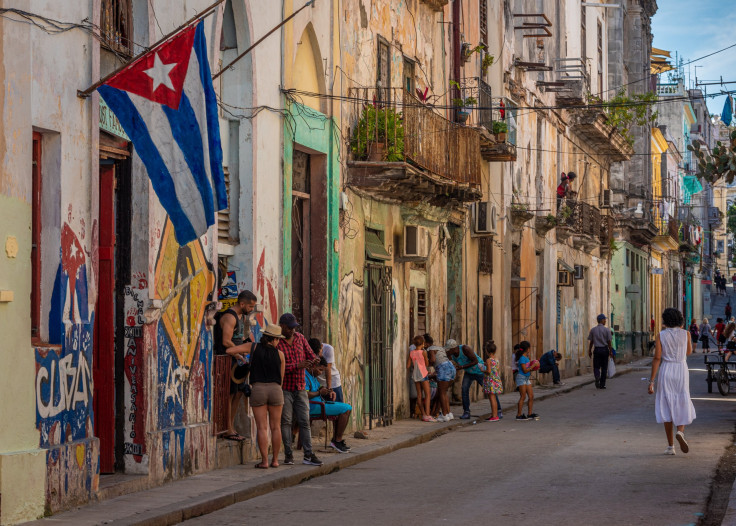Last week, Cuba enacted a new penal code, and human rights organizations warned Friday that it could further limit free expression and stop protests at a time when there is a lot of discontent on the island.
The new code is a modified version of the country’s 1987 regulations approved by the Cuban government in May. It will affect not only protesters, but also journalists, human rights activists, social media users and opposition figures, reported the Associated Press.
This came amid growing discontent in Cuba that is produced by compounding crises. The government also continues to hand out harsh sentences to participants, including minors, in the island’s 2021 protests, reported The Washington Post. Some of the changes include increases in jail sentences and the minimum penalties on things like "resistance," “public disorder,” and “insulting national symbols.”
Criminal categories for digital offenses are also established. The code said that that people disseminating online any information deemed to be false could face up to two years in jail. It also doesn't allow the receipt and use of funds that are made to finance activities “against the Cuban state and its constitutional order." Human rights groups said that this could be used against independent journalists as well as non-governmental groups. If convicted, one could face four to 10 years in jail.
The new code was described by the government as “modern” and “inclusive." It pointed to stiffening penalties on racial discrimination and gender-based violence.
The code is not meant to repress, but rather protect “the social peace and stability of our nation," Rubén Remigio Ferro, Cuban Supreme Court president, had said.
But many human rights watchdog groups raised alarms about the new code Friday. Juan Pappier, senior investigator for Human Rights Watch in Latin America, said that this is an effort to provide a "legal avenue for repression and censorship." He also sees this as an effort by Cuban authorities to "undercut the little civic space that exists in the island and impede the possibility that Cubans will take to the streets again."
Cuba faced criticism from different parts of the world for the treatment of protesters in anti-government demonstrations in July last year. According to the new figures released in January by Cuba’s attorney general’s office, as many as 790 participants of the protests face prosecution for violent attacks, sedition, theft, public disorder and other crimes.

© 2025 Latin Times. All rights reserved. Do not reproduce without permission.





